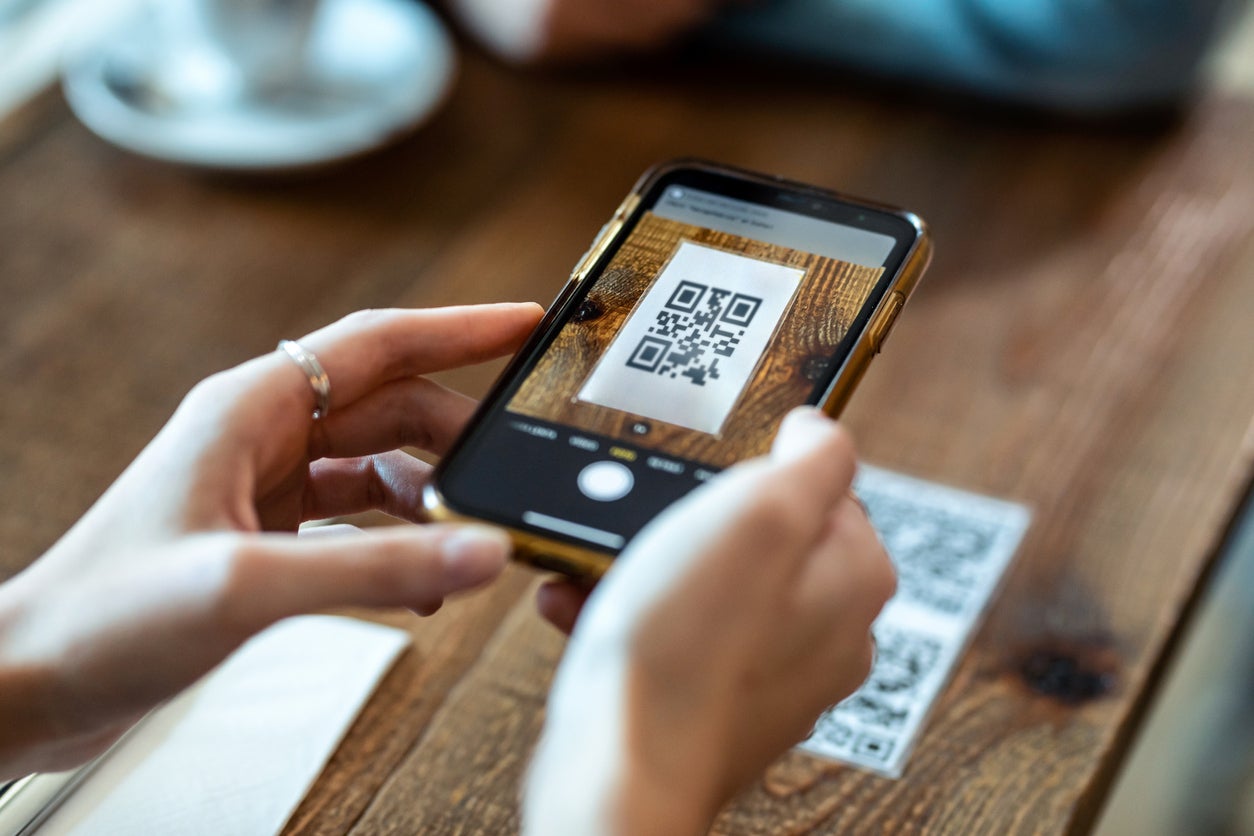Cybersecdn- In this digital age where QR codes make things easier, there is a dark side. The Federal Trade Commission (FTC) has issued a strong warning against the growing use of QR codes in software and payment scams. The tool that was made to be easy to use turns into a weapon in the hands of scams, which is a warning to be careful.
Find out what the FTC was trying to say when they said that QR codes were turning from useful to a place where bad ideas can grow—your smartphone’s safety may depend on it!
People love QR codes because they make it easy to use online tools and pay for things, but scammers have turned them into a playground. Scammers take advantage of trust and accessibility by doing things like putting fake codes on parking lot kiosks and including harmful QR codes in phishing emails.
Normal anti-phishing protections can’t stop emails that use QR codes as image-based traps to steal passwords and install malware. Scammers use the trustworthiness of QR codes to trick people into visiting dangerous websites without being caught.
However, the FTC’s warning shows how misleading fake QR codes can be and how easy it is for scammers to make fake websites and steal personal data. The advice stresses how important it is for users to check the destinations of QR codes so they don’t fall victim to these new threats.
People are changing QR codes all the time, from menus to parking lots. This is where the danger lies. Scammers put fake QR codes on top of real ones, which trick people into going to fake sites and taking their money. The personal stories of people who read malicious QR codes without meaning show that this technology has a bad side.

The FTC’s warning, which is similar to the FBI’s advice from two years ago, makes it clear that QR code scams are becoming more common and more complex. When people believe in QR codes without thinking, scammers take advantage. This makes data theft, fraudulent charges, and malware infections a real threat.
Read More: Apple’s Vision: Transforming Gaming on Macs, iPhones, and iPads!
Scammers can take advantage of people who don’t know what’s going on because QR codes are so easy to read. As the FTC warns people to be careful and alert, users are told to check the addresses of QR codes, read emails carefully, and be careful when installing stand-alone QR code scanners. Nowadays, the battleground is cybersecurity instead of convenience, and being aware is the best protection we have.
Amid the QR code revolution, a cautionary story is told. You can read more about how the seemingly harmless QR code turned into a powerful tool for scams, which led the FTC to issue a call to action. Do your research, be careful, and protect your digital life from the growing number of QR code scams.

